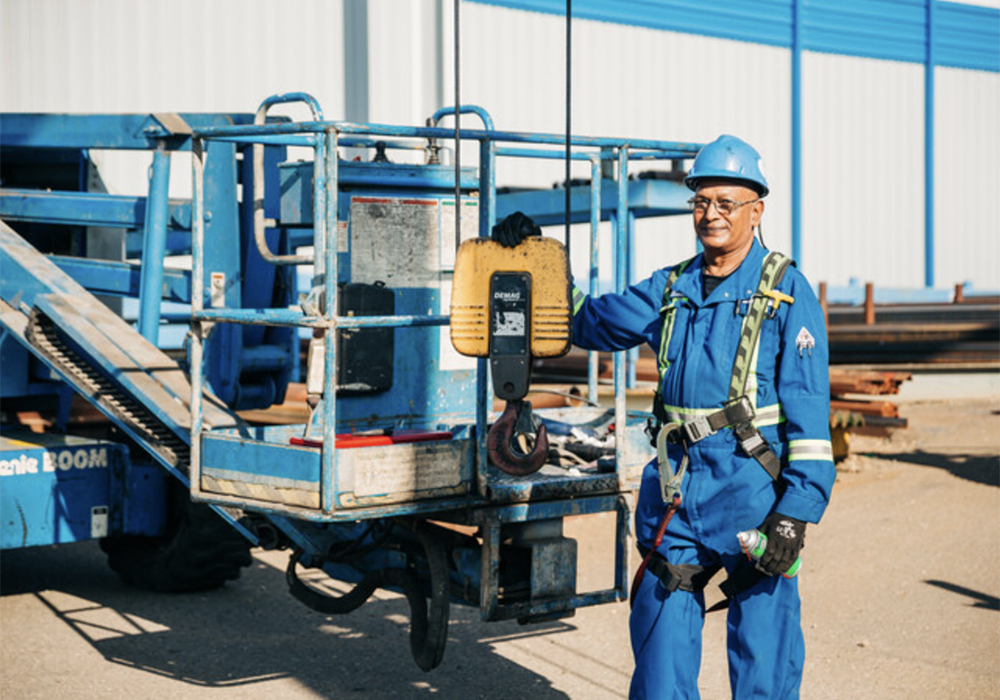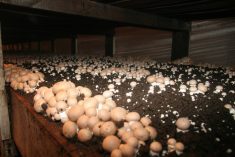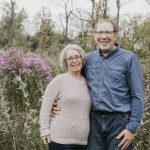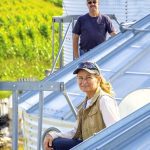Province’s Rural Renewal program allows rural municipalities to work with local employers to nominate foreign workers
Alberta’s Rural Renewal program is trying to fill the labour gaps in smaller communities by attracting international workers with the promise of creating a new, permanent home in Canada.
The initiative, launched in February, permits rural municipalities to work with local employers to nominate individuals wishing to gain permanent residency through a full-time, non-seasonal job.
“We’re getting a lot of interest. Employers are hearing about this program and reaching out to us in terms of saying, we’ve got someone who wants to work for us and how do we become a part of it?” said Mitchell Iwaasa, economic development officer for the Brooks, Alta., region. “We’ve got larger employers such as JBS Foods who are also involved in the program and the workforce is a constant struggle for them.”
Read Also
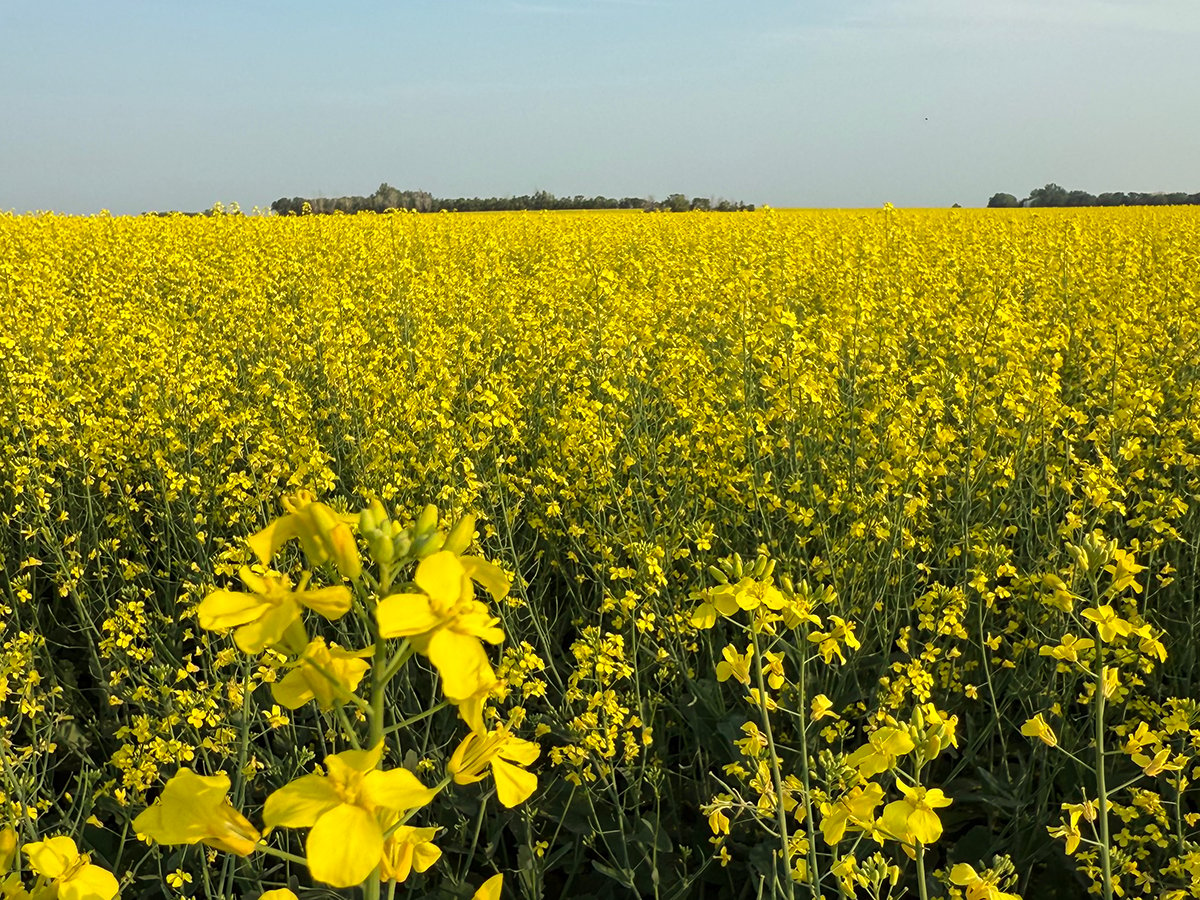
Canola support gets mixed response
A series of canola industry support measures announced by the federal government are being met with mixed reviews.
Brooks, known informally as the city of 100 hellos due to the large influx of foreign workers over the past two decades, is well positioned to take advantage of the program that specifically targets rural communities to help stabilize workforce numbers.
“The advantage we find is that due to the fact we’ve already got a large contingent of foreign workers, immigrants, new Canadians, we already have the social services providers in place,” said Iwaasa. “That’s going to be key for any community.”
That situation in Brooks is also assisted by the ability to leverage contacts within the city and surrounding County of Newell to identify immigrant family members who may be interested in working and living in Canada.
Amy Allred, Taber’s economic development officer, said her region is also reaching out to its own immigrant community to garner interest in the program.
Eight candidates have been approved so far under the program in her community and the main drive has been to fill gaps in the service industry.
“Around town, there are so many help wanted signs. Literally, you can’t walk a block without seeing three or four help wanted signs,” said Allred, adding a billboard in the community is offering jobs to anyone willing to show up.
The program is geared toward permanent work over seasonal, which may not work with large employers such as the Taber sugar refinery but could help with the chronic shortage of truck drivers.
One key advantage of the initiative over the Temporary Foreign Workers Program is it offers a clear path towards citizenship for applicants, while not requiring employers to engage in the costly and sometimes lengthy labour market impact assessments.
Allred said the Rural Renewal program is also focused on long-term retention of employees within the community and involves interviews with a local committee to see if the applicant will be a good fit.
“Because we want them to stay long term. We don’t want them to come and get their permanent residency and move to Calgary. We want them to really become a part of the community here,” she said. “And for our community, that means long-term, stable, economic growth if we can keep the workers here.”
One issue that may hamper recruitment is affordable housing, said Iwaasa, but he said Brooks and the region are finding ways to deal with that, whether it is extra suites or new housing.
Iwaasa said the Brooks region has a goal of attracting about 200 workers through the program over the next two years.
For Taber, Allred said the recruitment goal for her community is open ended for now because the program is so new.
“We’re still trying to figure it out and we’re willing to do whatever it takes and bring as many people as we need to make sure through this program our town is viable far into the future,” she said.
According to the Alberta government, 22 rural communities have received approval to take part in the Rural Renewal initiative, which falls under the Alberta Advantage Immigration Program (AAIP) that allows the province to nominate immigrants for approval by the federal government.
So far, Alberta has issued more than 5,600 of its allowable 6,500 nomination certificates with the top countries of origin being India, Philippines, China, Nigeria and South Korea.


